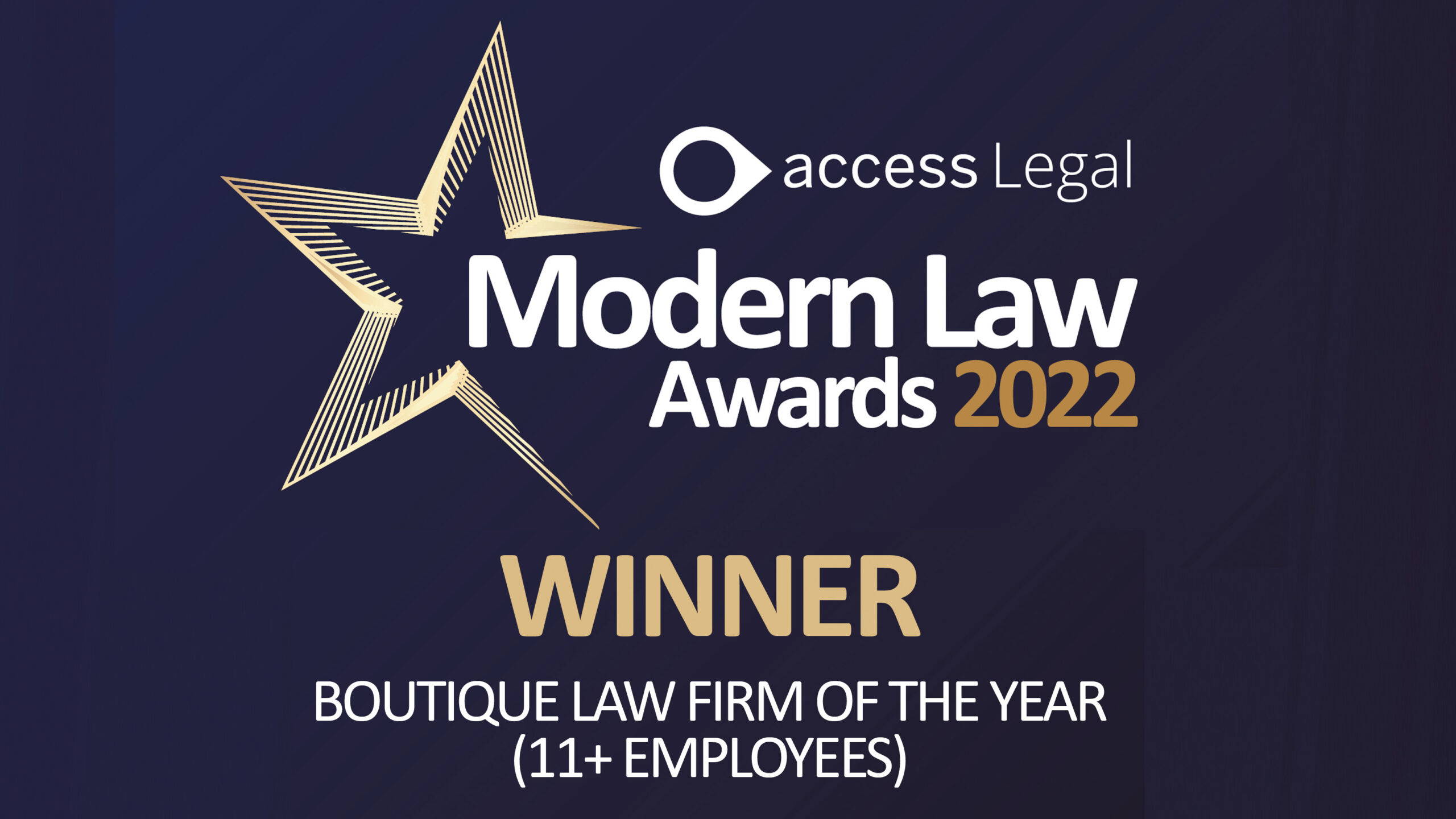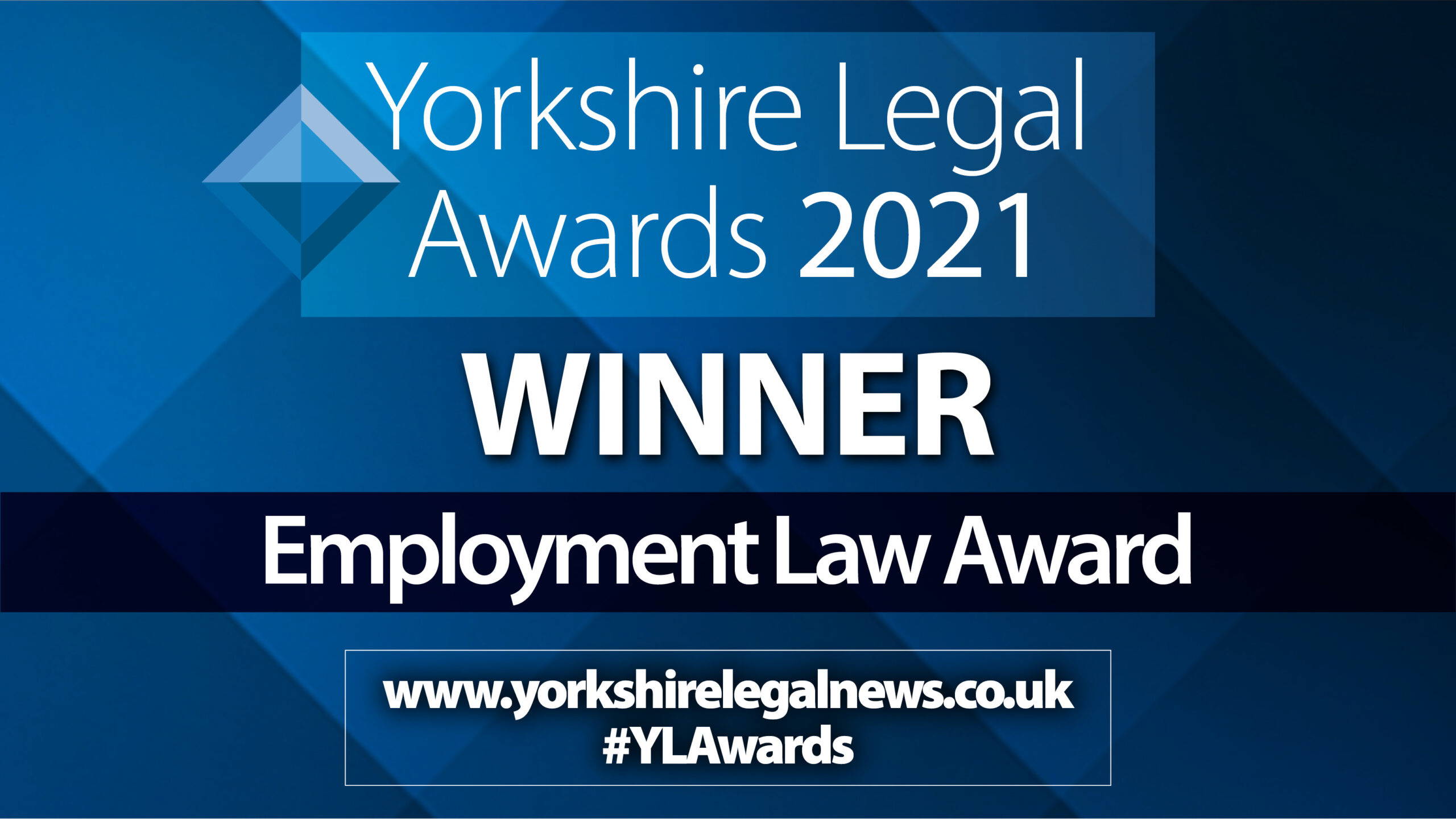Employment Tribunal Process
At Thrive Law, we support both employees and employers throughout the Employment Tribunal process. Whether you are bringing a claim or defending one, our experienced solicitors can guide you at every stage. Our team has successfully represented clients in the Employment Tribunal, Employment Appeal Tribunal, and the Court of Appeal, and we are well accustomed to seeing claims through to their conclusion.
While our preference is always to prevent disputes from escalating, sometimes Tribunal action is unavoidable. Understanding the process early can make a significant difference in achieving a positive outcome.
ACAS Early Conciliation
Almost all Employment Tribunal claims begin with ACAS Early Conciliation, which is a mandatory first step aimed at resolving disputes without proceeding to a formal hearing. An ACAS officer will help facilitate discussions between the parties to see if a settlement can be reached.
If conciliation is unsuccessful, ACAS will issue an Early Conciliation Certificate, which allows the claimant to formally submit a claim to the Employment Tribunal.
Key points to note:
- Notify ACAS of the correct respondent, including the legal name, address, and contact details.
- The process must typically start within three months of the dismissal or discriminatory act.
- Time spent in Early Conciliation effectively pauses the Tribunal time limit, giving you additional days to submit a claim once conciliation ends.
If you are unsure about deadlines or requirements, our team can guide you to ensure your claim is submitted correctly and on time.
Contact Us
Issuing a Claim
To formally begin a claim, an employee (the “Claimant”) completes an ET1 form, which outlines the basis of their complaint. The employer (the “Respondent”) will then be served with the claim.
It is essential that the ET1 contains all relevant information and evidence, as this forms the foundation of the Tribunal’s consideration.
Responding to a Claim
Once the claim is accepted, the Respondent has 28 days to submit an ET3 response, stating whether they contest the claim in full or in part. The response can also include a counterclaim in certain circumstances.
In practice, responses often reserve comment on some matters pending further information. It is crucial that both parties communicate clearly and provide accurate, complete documentation at this stage.
Preparatory steps for a hearing
Before a hearing, the Tribunal will issue Case Management Orders, which set a timetable for preparing the case. This may include a preliminary hearing to address procedural or preliminary issues such as employment status, disability, or the admissibility of evidence.
Typical preparatory steps include:
- Schedule of loss: Prepared by the claimant, detailing any financial compensation claimed.
- Disclosure of documents: Both parties exchange relevant documents, whether they support or undermine their case.
- List of issues: A clear outline of the legal points in dispute.
- Expert reports: If specialist evidence is needed.
- Witness statements: Concise, relevant statements from decision-makers, witnesses, or other key parties. These are often the main evidence in the case and may be cross-examined at the hearing.
The Tribunal will also set the hearing dates, which depend on the complexity of the case and the number of witnesses.
The Hearing
Employment Tribunal hearings are less formal than other courts, with no wigs or gowns. The Tribunal aims to resolve disputes fairly, efficiently, and proportionately, keeping both parties on equal footing.
Panels typically include:
- Employment Judge (qualified lawyer)
- Employee/union representative
- Business/employer representative
This mix ensures that decisions are balanced and informed by both legal and practical workplace considerations.
Tribunal Decision and Appeals
After the hearing, the Tribunal may reserve its decision, providing a written ruling several weeks or months later.
- The unsuccessful party has 14 days to request reconsideration and 42 days to appeal.
- Appeals are only allowed on points of law, not simply because a party disagrees with the outcome. Appeals are made to the Employment Appeal Tribunal (EAT).
For further context, the government has published guidance on Tribunal powers: Employment Tribunal’s powers: their use and application.
How Thrive Law Can Help
Whether you are an employee considering a claim or an employer defending one, Thrive Law provides:
- Step-by-step guidance throughout the Tribunal process
- Preparation and review of all forms, documents, and evidence
- Representation at hearings, preliminary matters, and appeals
- Preventative advice to reduce the risk of disputes escalating
If you are facing an Employment Tribunal matter, get in touch with our team to discuss how we can support you in achieving the best possible outcome.
Contact us today to arrange a consultation: enquiries@thrivelaw.co.uk









